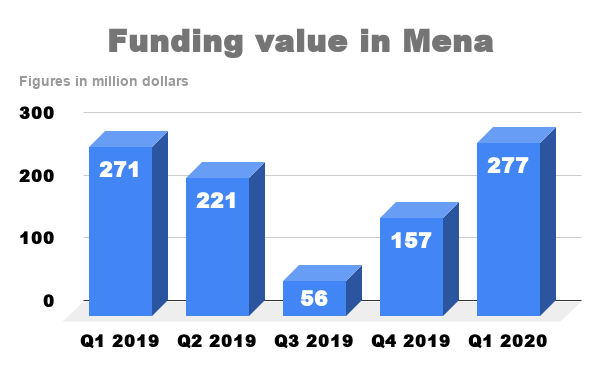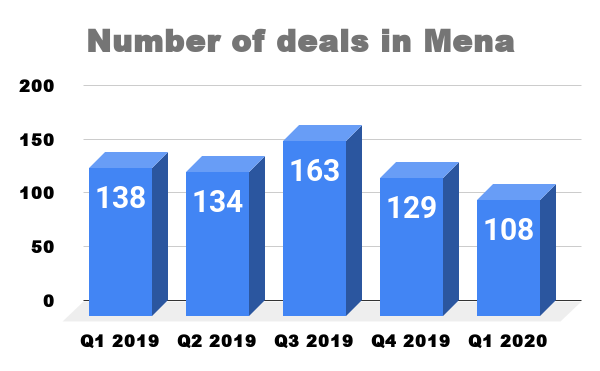Relocating manufacturing lines to another country is never an easy decision and manufacturers don’t move production lines simply under the government’s guidance.
Due to the rising trade war tensions between the US and China, and with many countries blaming China for the outbreak of Coronavirus, the Japanese government is releasing 220b yen direct loans to support manufacturers to move back to Japan from China and another Y23.5b to move to other countries in South East Asia and India.
Imports from Japan’s biggest trading partner were down by nearly 50% in February as facilities in China were closed due to the pandemic.
Asia controls 52% of the world’s manufacturing output in 2018, followed by Europe with 22%, the US with 18%, Latin America with 5%, Africa with 2% and Oceania with 1%.
Country-wise, China’s contribution was $4tr, followed by the US with $2.3tr, Japan with $1tr, Germany with $806b, South Korea with $459b, India with $412b, Italy with $314b, France $270b, the UK with $253b, Indonesia with 207b and Russia with $204b.
Flora Tang, research analyst at Hong Kong-based Counterpoint Research, told TechRadar Middle East, said that relationships between countries are complexed for sure and personal blames on China by some Japanese politicians don’t represent for deterioration of China-Japan relationship officially.
“Conflict of interests between China and Japan over specific issues doesn’t mean the shutdown of cooperation in all areas such as economy, academic, healthcare, counter-terrorism, environment protection, and more.
“I think it a tactic to stimulate the domestic economy, the domestic manufacturing industry and employment under the gloomy economic outlook during the Covid-19 crisis. It’s also a strategy to drive diversification of manufacturing lines globally, to avoid over-dependency on a single country,” she said.
Moreover, she said that the US government has encouraged companies to move production outside of China since 2018 and 2019, yet Tesla just built a new factory in Shanghai.
The Chinese-based “Fuyao Glass Industry Group” is expanding the scale of its factory in Tennessee under the China-US trade tension.
China still has competitive advantages
“Companies will consider a mix of factors before locating a manufacturing centre, including labour and operation costs, local manufacturing efficiency, cross-border tariffs, distance/transportation to their targeted end markets, the integrity of local supply chain, and more,” Tang said.
So far, she said that China still has the comparative advantages in various parameters, given the complete domestic supply chain ecosystem and the market size of 1.4 billion consumers.
“I think companies which have had the intention to relocate factories outside of China will accelerate the progress under government’s stimulation plan, and those which have never considered it before might not go-ahead to take the risk,” she said.
Tang expects that some high-tech factories might go back to Japan or move to Taiwan while India, South East Asia, Brazil and Mexico can be the lucrative options for setting up of new assembly lines, depending on where the end markets are located.
Recent reports said that more Korean companies are pulling out of China and are looking for ‘favourable’ nations like India and it is set to become a “manufacturing base” for Korean companies for their global markets.
Tang said that diversification of manufacturing lines to spread risks and maximise profitability is what companies are always doing despite outbreak or not of the pandemic.
“Oppo, Vivo and Xiaomi have been expanding their factories in India while Huawei plans to invest $800m to build a new smartphone factory in Brazil,” she said.
The research firm expects a fall in the global manufacturing this year due to shutdown of factories, as well as weakened market demands, during the period of lockdown in China, India, US, Europe, SEA (Malaysia and Vietnam), Latin America (Argentina), and more.
“It will fall in not only China but globally. It’s a disaster for the entire human being. We have adjusted down the year-on-year growth for 2020 global smartphone shipments by about 7% in early March, and we will continue to adjust the number based on how the Covid-19 pandemic will evolve,” Tang said.
Lots of uncertainties exist
As for the scale of factories that will move outside of China post the Covid-19 crisis, Tang thinks that there are lots of uncertainties given the current situation and companies may consider new parameters when evaluating their investments.
“These factors might not value a lot for companies before but they must evaluate now such as the public health system of a country and government’s ability to efficiently control a public crisis such as the Covid-19. So far, East Asian countries and regions including South Korea, Taiwan and mainland China are controlling the spread of the pandemic well, while the situation appears more unstable in the US, some Europe countries and emerging markets,” she said.
Even though the pandemic first outbroke in Wuhan, she said that no one can ensure that similar virus will never happen in any other countries in the future.
“When this possibility exists, companies must be more prudent in decision making. What if next time a similar virus outbreaks in an emerging country? Can the government there control it as efficiently as the Chinese government? What damages will the crisis bring to my business, if local governments fail to handle it well? These are some of the questions companies need to think about,” she said.
“What we can hope is the virus is gone and all countries back to peace soon. One thing that I anticipate is a slowing globalisation progress post the crisis, and countries will try to move manufacturing lines back domestically as more as possible,” she said.
Under today’s international political context, she said that it will be risky for any globalised companies to ‘put all production lines in one country’ and this refers to not only in China.
- Can Vietnam or India challenge China’s manufacturing leadership in global electronics industry?
- The next big thing in China-US trade war




